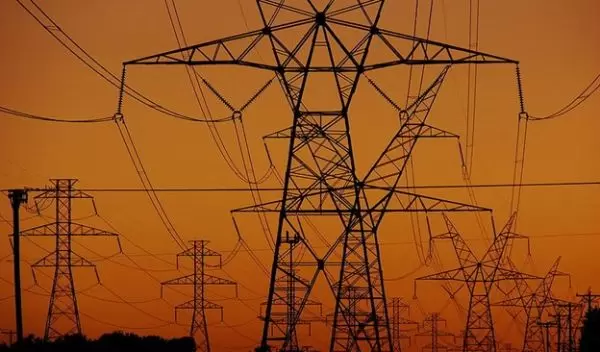
Climate change could lead to blackouts, higher power costs on U.S. West Coast
Two new studies led by North Carolina State University researchers offer a preview of what electricity consumers on the West Coast could experience under two different future scenarios: one where excessive heat due to climate change strains power supplies, and one where the grid shifts toward renewable energy while the climate follows historic trends. In both cases, the scientists found that power costs and reliability remain vulnerable to extreme weather.
"The impacts of climate change and extreme weather events on the grid, mostly in the form of drought and heat waves, are going to get worse under climate change," said Jordan Kern of NC State. "Even as the West Coast grid moves away from fossil fuels toward wind and solar, these extreme weather events will still impact system reliability and the price of power."
Published in the journal Earth's Future, the U.S. National Science Foundation-funded studies project future power supply and demand under separate scenarios. In the first study, researchers used computer models to simulate the impacts of climate change on the current power grid in California and the Pacific Northwest. They evaluated the grid's price and reliability under 11 climate scenarios between 2030 and 2060, drawing on multiple scientific models for how the climate would change under a "worst-case scenario" of fossil fuel emissions, and another less severe scenario.
"The worst-case scenario is worth looking at even if there's some evidence that the world is going to reduce fossil fuel emissions enough to avoid it," Kern said.
The researchers found greater risk of power blackouts in summer and early fall, largely driven by extreme heat in California that causes high demand for power as people cool their homes. They projected shortfall events in all but one scenario where climate change affected power generation in both regions simultaneously.
"As it gets hotter and hotter and hotter, and demand for electricity gets higher, we expect the grid to fail," Kern said. "Those extreme heat events are going to become much more severe."
Added David Corman, a program director in NSF’s Division of Computer and Network Systems, “Climate change also affects the variability of the water supply, which drives hydroelectric sources of power in the West, and the availability of water for agriculture --- a major contributor to the economics of the West and the nation.”


